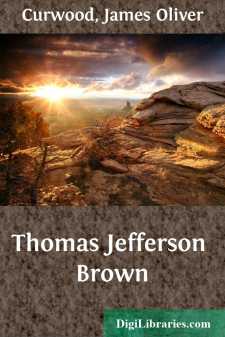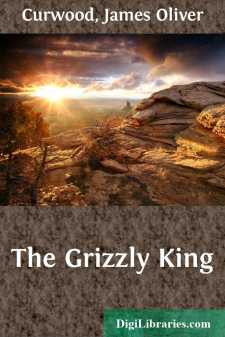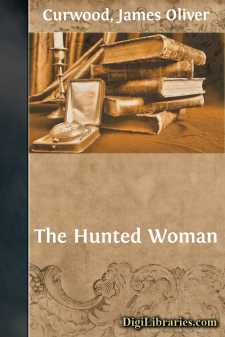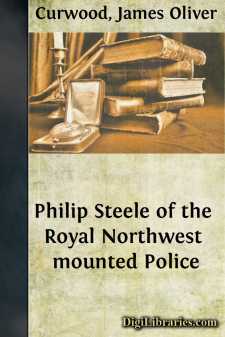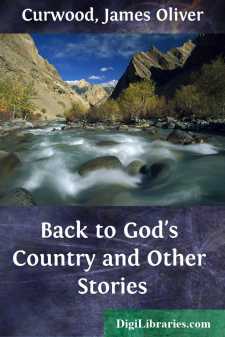Categories
- Antiques & Collectibles 13
- Architecture 36
- Art 48
- Bibles 22
- Biography & Autobiography 816
- Body, Mind & Spirit 145
- Business & Economics 28
- Children's Books 18
- Children's Fiction 14
- Computers 4
- Cooking 94
- Crafts & Hobbies 4
- Drama 346
- Education 58
- Family & Relationships 59
- Fiction 11831
- Foreign Language Study 3
- Games 19
- Gardening 17
- Health & Fitness 34
- History 1378
- House & Home 1
- Humor 147
- Juvenile Fiction 1873
- Juvenile Nonfiction 202
- Language Arts & Disciplines 89
- Law 16
- Literary Collections 686
- Literary Criticism 179
- Mathematics 13
- Medical 41
- Music 40
- Nature 179
- Non-Classifiable 1768
- Performing Arts 7
- Periodicals 1453
- Philosophy 66
- Photography 2
- Poetry 897
- Political Science 203
- Psychology 45
- Reference 154
- Religion 516
- Science 126
- Self-Help 86
- Social Science 82
- Sports & Recreation 34
- Study Aids 3
- Technology & Engineering 59
- Transportation 23
- Travel 463
- True Crime 29
James Oliver Curwood
James Oliver Curwood (1878-1927) was an American author and conservationist known for his adventure novels set in the wilderness, particularly the Canadian North. His works, such as "The Grizzly King" and "The River's End," often reflect his deep love for nature and his experiences as an outdoorsman. Curwood's writing significantly contributed to early 20th-century popular literature and inspired conservation efforts, including the establishment of the Curwood Castle Museum in Michigan.
Author's Books:
Sort by:
There are not many who will remember him as Thomas Jefferson Brown. For ten years he had been mildly ashamed of himself, and out of respect for people who were dead, and for a dozen or so who were living, he had the good taste to drop his last name. The fact that it was only Brown didn't matter. "Tack Thomas Jefferson to Brown," he said, "and you've got a name that sticks!" It...
more...
I An hour ago, under the marvelous canopy of the blue northern sky, David Carrigan, Sergeant in His Most Excellent Majesty's Royal Northwest Mounted Police, had hummed softly to himself, and had thanked God that he was alive. He had blessed McVane, superintendent of "N" Division at Athabasca Landing, for detailing him to the mission on which he was bent. He was glad that he was traveling...
more...
CHAPTER I If you had stood there in the edge of the bleak spruce forest, with the wind moaning dismally through the twisting trees—midnight of deep December—the Transcontinental would have looked like a thing of fire; dull fire, glowing with a smouldering warmth, but of strange ghostliness and out of place. It was a weird shadow, helpless and without motion, and black as the half-Arctic night save...
more...
CHAPTER ONE With the silence and immobility of a great reddish-tinted rock, Thor stood for many minutes looking out over his domain. He could not see far, for, like all grizzlies, his eyes were small and far apart, and his vision was bad. At a distance of a third or a half a mile he could make out a goat or a mountain sheep, but beyond that his world was a vast sun-filled or night-darkened mystery...
more...
CHAPTER I It was all new—most of it singularly dramatic and even appalling to the woman who sat with the pearl-gray veil drawn closely about her face. For eighteen hours she had been a keenly attentive, wide-eyed, and partly frightened bit of humanity in this onrush of "the horde." She had heard a voice behind her speak of it as "the horde"—a deep, thick, gruff voice which she knew...
more...
CHAPTER 1 To Baree, for many days after he was born, the world was a vast gloomy cavern. During these first days of his life his home was in the heart of a great windfall where Gray Wolf, his blind mother, had found a safe nest for his babyhood, and to which Kazan, her mate, came only now and then, his eyes gleaming like strange balls of greenish fire in the darkness. It was Kazan's eyes that gave...
more...
CHAPTER I Not far from the rugged and storm-whipped north shore of Lake Superior, and south of the Kaministiqua, yet not as far south as the Rainy River waterway, there lay a paradise lost in the heart of a wilderness world—and in that paradise "a little corner of hell." That was what the girl had called it once upon a time, when sobbing out the shame and the agony of it to herself. That was...
more...
CHAPTER I THE FIGHT IN THE FOREST Cold winter lay deep in the Canadian wilderness. Over it the moon was rising, like a red pulsating ball, lighting up the vast white silence of the night in a shimmering glow. Not a sound broke the stillness of the desolation. It was too late for the life of day, too early for the nocturnal roamings and voices of the creatures of the night. Like the basin of a great...
more...
Chapter I. The Hyacinth Letter Philip Steele's pencil drove steadily over the paper, as if the mere writing of a letter he might never mail in some way lessened the loneliness. The wind is blowing a furious gale outside. From off the lake come volleys of sleet, like shot from guns, and all the wild demons of this black night in the wilderness seem bent on tearing apart the huge end-locked logs...
more...
BACK TO GOD'S COUNTRY When Shan Tung, the long-cued Chinaman from Vancouver, started up the Frazer River in the old days when the Telegraph Trail and the headwaters of the Peace were the Meccas of half the gold-hunting population of British Columbia, he did not foresee tragedy ahead of him. He was a clever man, was Shan Tung, a cha-sukeed, a very devil in the collecting of gold, and far-seeing....
more...


